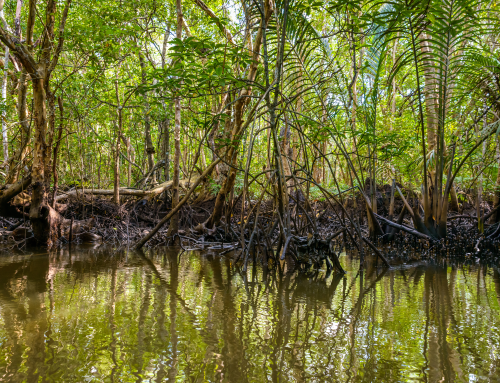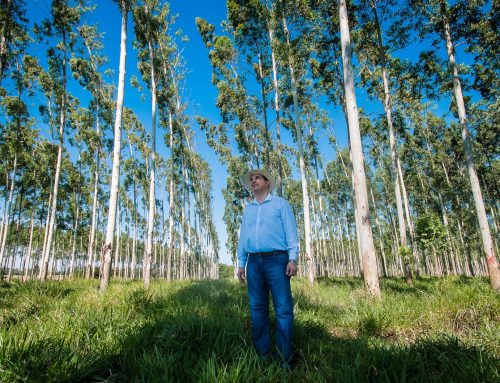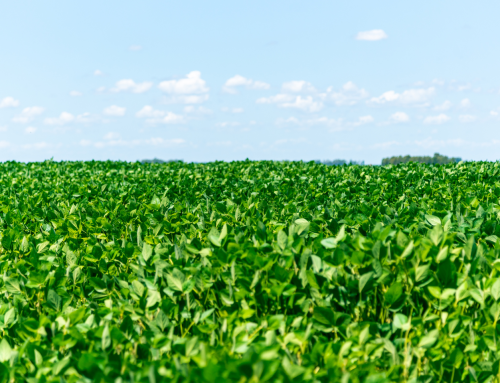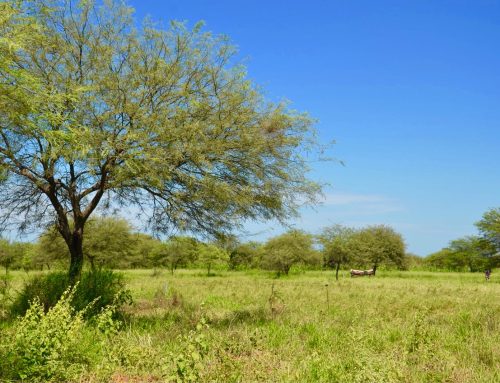As the Pilot Phase of the Good Growth Partnership draws to a close, the Adaptive Management and Learning (A&L) part of the project has been commended in an independent review:“the performance of the A&L Project has been excellent in spite of great challenges from the COVID-19 Pandemic.”
Out of 10 categories in the UNDP-GEF ranking system, 6 were rated “Highly Satisfactory” and 4 “Satisfactory”, with:“a high quality associated with the activities, products and services associated with the project”
GGP’s Integrated Approach works across production, financing and demand to simultaneously reduce barriers and create enablers for zero deforestation in palm oil, beef and soy, dealing with multiple and connected parts of the system. Instead of focusing on one place, sector, or scale of action, GGP establishes connections between different initiatives and stakeholders in the system. This is an essential feature of the GGP, but also presented challenges.
How to create and maintain the linkages between all the elements of this complex system, at multiple geographical scales across four target countries – Indonesia, Liberia, Paraguay and Brazil? And in addition, how to coordinate the UNDP led Partnership’s innovative combination of complementary partners – Conservation International (CI), the International Finance Corporation (IFC), UN Environment (UNEP) and the World Wildlife Fund (WWF) across the 4 global and one national projects (detailed in the Appendix)?
The answer was the creation of the Adaptive Management and Learning Project within GGP, with the aim of effectively leveraging demand, transactions, and support to production to ensure successful implementation of the aims of the Good Growth Partnership. It had three components – coordinated management investing in programme-level coordination processes, monitoring and evaluation, and feedback loops across the projects enabling adaptive management and programme resilience; secondly fostering an increased understanding of the impacts of Voluntary Sustainability Standards through the Evidensia online platform; and thirdly knowledge management, partnership development and communications intended to maximize learning, foster synergies and promote replication and upscaling of best practices to address deforestation in commodity supply chains.
All Global Environment Facility (GEF) funded projects are fully evaluated as they reach a conclusion. The independent review found that the A&L project performed excellently. As a “hub” or “connector” project, the A&L initiative supported the other elements of GGP, doing an “exemplary” job in proactive and adaptive management despite the global Pandemic. Overall, the reviewers said that the A&L project:
“Fulfilled its role as a coordinator and connector by producing the systems, knowledge tools and evidence repositories needed to guide the palm oil, beef and soy sectors towards a more sustainable future.”
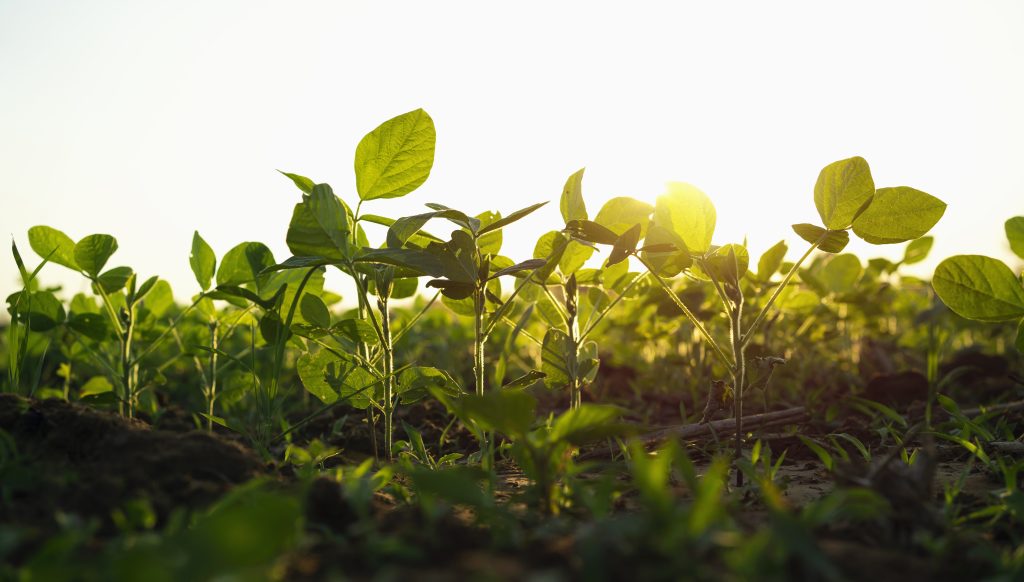
© Soy plantation, Vecteezy
Ratings and Impact
For each of the elements, the independent review looked at the results and impact achieved. All were rated as satisfactory, with the coordination team complimented on its creation of coordination structures and building trust from the start. Monitoring and Evaluation improved data at all levels, including for the in-country teams, and inter-agency workplans cross-fertilized ideas and used scarce resources effectively. The ISEAL Evidensia online platform was commended on exceeding its targets with more than 1000 scholarly articles backed up by videos and synthesis reports. In Knowledge Management a growing online community of practice – the Green Commodities Community – has now reached 245 members, and two successful Good Growth Conferences shared learning with a multi-sector cadre of active partners, government ministers, smallholder and private sector participants. So far, the Green Commodities Community has staged more than 60 workshops and learning events, and supported [73] publications, briefs and knowledge products on sustainable commodity supply chains.
A “Highly Satisfactory” rating was given in the judgment on Project Implementation and Adaptive Management. Particularly singled out for praise was the planning, project implementation, coordination and adaptive management, especially the capacity for coordination in a very complicated project management structure and in jurisdictions and situations that were difficult at times. Major challenges were noted in COVID-19, a restrictive project budget, and sometimes reluctant participation by the other project participants, mitigated by very effective upstream and downstream communication within project governance structures and partners.
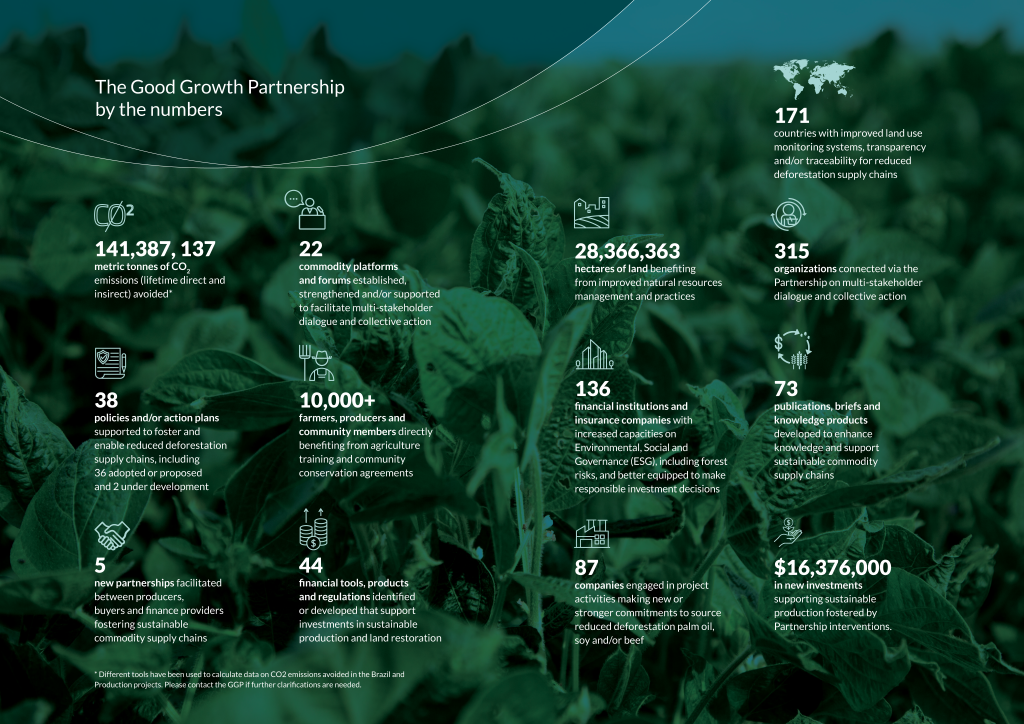
Learnings for the Future for Designers and Donors
The review team derived a number of significant learnings for designers and funders of future Integrated Approach projects, expressed as 15 recommendations. Many of these identify GGP funder the GEF as the most appropriate agency to take them forward in its next phase of projects. These recommendations combine with the insights produced in “Reducing Deforestation from Commodity Supply Chains – Lessons and Recommendations on an Integrated Approach ”, a research report produced for GGP, to produce a comprehensive roadmap to guide future Integrated Approach programmes. The research report identifies five essential Transformational Practices and eight Tools and Resources to support integrated approaches to transforming commodity supply chains.
- The Good Growth Partnership was envisaged as a Pilot Project, and therefore had a 4-year timescale. The independent review found that this was too short to take into account the time and resources needed for trust-building and recommended that future projects of this nature should be funded for a minimum of 6 years. This would give more time to embed two of the Transformational Practices of the research report – Establishing inclusive and collaborative spaces and embracing systemic thinking and tools.
- Monitoring and evaluation (M&E) is a key area of innovation: levels of trust and participation in Multistakeholder Collaboration processes should be monitored, and a combination of process, structure, status and impact indicators is important for the future. A common M&E approach across the entire system is a key foundation, which could result if the central coordination structure were established first and the other projects built out from there. This is echoed by the research report, which identifies the use of innovative tools and measures of progress as a Transformative Practice.
- The reviewers complimented the effectiveness of the Adaptive Management approach, noting the comprehensive response to the COVID-19 pandemic. At a deeper level, adaptation is driven by proper system mapping at the design stage and, crucially, at regular intervals throughout the programme implementation. Assumptions need to be revisited and new responses planned when conditions demand this. Levers of change will be predicted in design but may need to be revised as experience grows. All this shows the value of a flexible, systems mapping approach which is structured to revise plans in the light of experience. In the Transformative Practices of the research report, this area is covered by the recommendation to adopt agile adaptive practices – for GGP more than 50 cases are recorded in the Adaptive Management Database of strategic changes and decisions taken to respond to changing situations.
- Capacity was an important consideration for the future in the independent review – budgeting adequately for the coordinating function not only at the centre (in A&L) but also in the collaborating projects themselves. Without proper staffing in the ‘’child’’ projects, there may be no-one for the central coordinating function to coordinate with. In the research report, the Transformative Practice of ensuring consistent and quality participation of partners defines this need in detail.
In its almost five-year pilot phase, GGP has been unique in the breadth of commodities, places and aspects of the supply chain that it seeks to cover – amongst the most ambitious and most complex Integrated Approach to date. GGP will continue, under the Food Systems, Land Use and Restoration Programme (FOLUR), extending GGP tools and knowledge products to 27 countries and their stakeholders. Beyond FOLUR, GGP is seeking to apply its enhanced integrated approach, based on lessons learned, to new landscapes, countries and commodities. The independent review and the research report are an important part of the synthesis and learning that GGP provides for future interventions aimed at building commodity systems that are resilient; equitable; inclusive; environmentally, socially and economically sustainable.
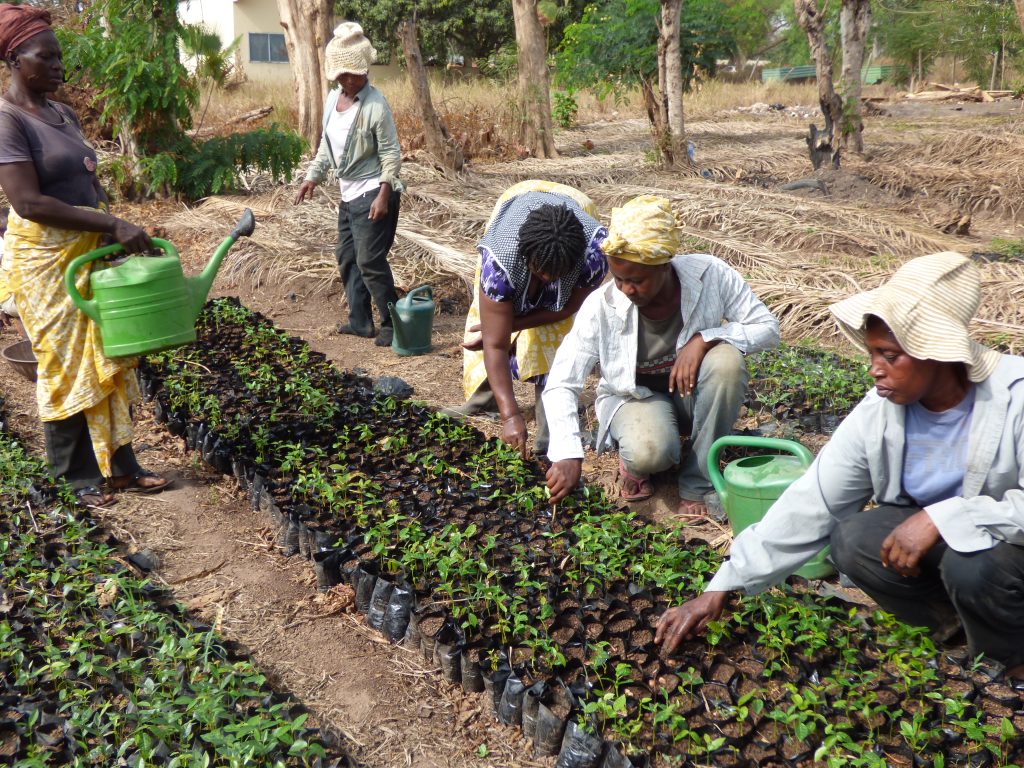
© UNDP Ghana

